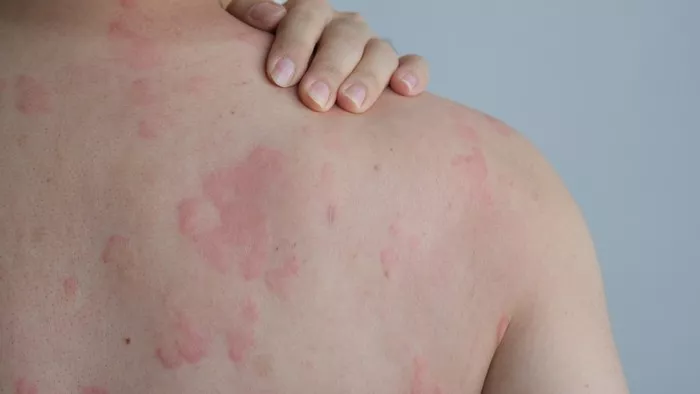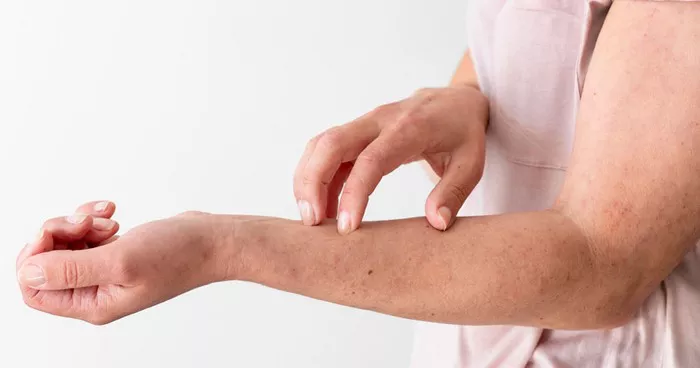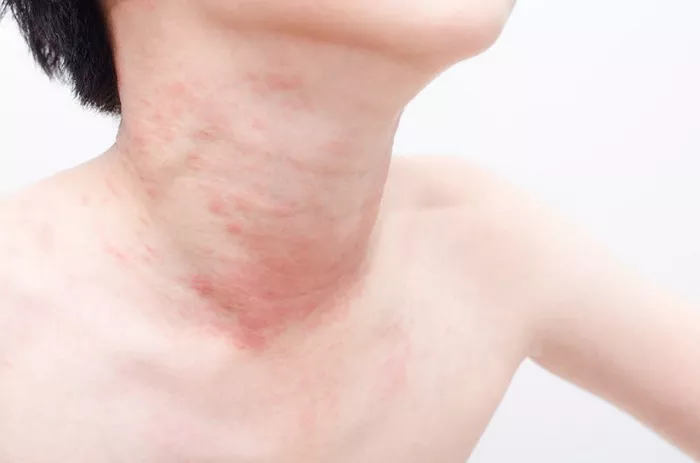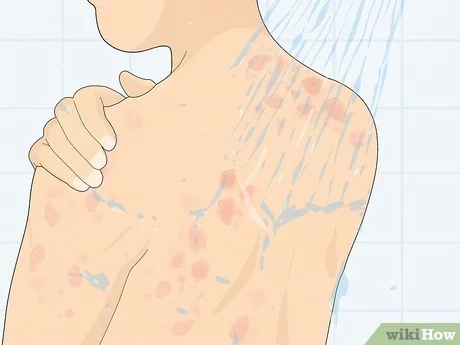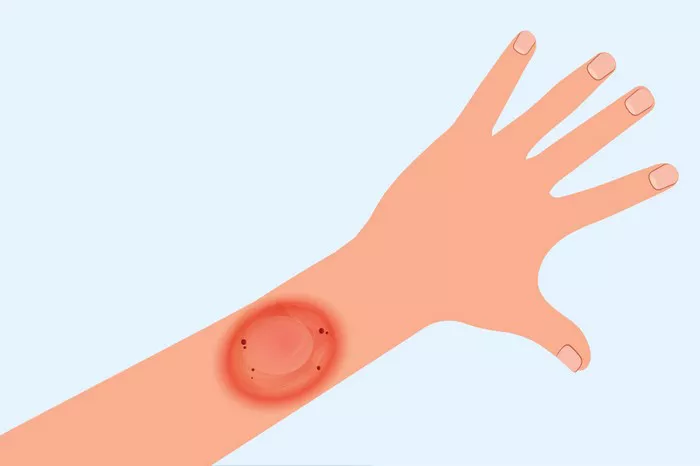Urticaria, commonly known as hives, is a skin condition characterized by itchy, red welts that can appear suddenly and disappear within a few hours. These welts can vary in size and shape and may be triggered by various factors such as allergic reactions, infections, medications, or even stress. Managing urticaria often involves identifying and avoiding triggers, along with appropriate medical treatment.
In recent years, there has been growing interest in the role of diet in managing urticaria symptoms. Among the foods that have come under scrutiny is the humble banana. Known for its nutritional value and convenient packaging, bananas are a popular fruit consumed worldwide. But does consuming bananas exacerbate or alleviate urticaria symptoms? Let’s delve into the scientific evidence to uncover the truth.
Understanding Urticaria Triggers
Before exploring the potential impact of bananas on urticaria, it’s essential to understand the various triggers that can provoke an outbreak of hives. Urticaria can be classified into two types based on duration: acute urticaria, which lasts for less than six weeks, and chronic urticaria, which persists for longer than six weeks. While acute urticaria is often linked to allergic reactions to food, medications, or insect bites, chronic urticaria may have less obvious triggers, including autoimmune factors or underlying health conditions.
Food allergies are a common trigger for acute urticaria. Histamine, a compound released by the body in response to allergens, plays a central role in the development of hives. Certain foods, such as shellfish, nuts, eggs, and dairy products, are well-known triggers for some individuals. However, the relationship between bananas and urticaria is more nuanced and warrants closer examination.
The Nutritional Profile of Bananas
Bananas are prized for their rich nutritional content, making them a staple in many diets. They are an excellent source of essential vitamins and minerals, including potassium, vitamin C, vitamin B6, and dietary fiber. Moreover, bananas are low in fat and calories, making them a healthy choice for individuals seeking to maintain or lose weight.
Potassium, in particular, is a mineral of interest in the context of urticaria management. Some studies suggest that potassium deficiency may be associated with increased histamine release, potentially exacerbating urticaria symptoms. As bananas are one of the richest sources of potassium, consuming them could theoretically help maintain optimal potassium levels and mitigate histamine-related reactions.
The Role of Histamine in Urticaria
Histamine is a key mediator of the allergic response and plays a central role in the development of urticaria symptoms. When the body detects an allergen, such as certain foods, it releases histamine as part of the immune response. Histamine causes blood vessels to dilate and fluid to leak from blood vessels into the surrounding tissue, leading to the characteristic redness, swelling, and itching associated with hives.
Certain foods are known to contain high levels of histamine or to trigger the release of histamine within the body. These include aged cheeses, fermented foods, processed meats, and alcoholic beverages. For individuals with histamine intolerance or sensitivity, consuming histamine-rich foods can exacerbate urticaria symptoms.
The Histamine Content of Bananas
While bananas are not typically classified as histamine-rich foods, they do contain small amounts of histamine. The histamine content of bananas may increase as the fruit ripens, as histamine levels tend to rise in overripe or spoiled foods. However, the histamine content of bananas is generally considered to be low compared to other histamine-rich foods.
Moreover, bananas contain other compounds that may influence histamine metabolism and alleviate urticaria symptoms. For example, bananas contain quercetin, a flavonoid with anti-inflammatory and antihistamine properties. Quercetin has been studied for its potential to modulate the immune response and reduce allergic reactions, although more research is needed to confirm its efficacy in the context of urticaria.
The Potential Benefits of Bananas for Urticaria
Despite containing small amounts of histamine, bananas may offer several potential benefits for individuals with urticaria:
1. Nutritional Support: Bananas are a nutrient-dense food that provides essential vitamins, minerals, and dietary fiber. Maintaining a balanced diet that includes a variety of fruits, including bananas, can support overall health and may help strengthen the immune system.
2. Potassium Balance: Potassium plays a crucial role in regulating fluid balance and nerve function in the body. Consuming potassium-rich foods like bananas may help maintain optimal potassium levels and support overall cardiovascular health. While the relationship between potassium and urticaria is not fully understood, ensuring an adequate intake of potassium may have indirect benefits for individuals with urticaria.
3. Anti-Inflammatory Properties: The presence of compounds like quercetin in bananas may exert anti-inflammatory effects and help mitigate the inflammatory response associated with urticaria. Quercetin has been studied for its potential to inhibit histamine release and reduce allergic symptoms, although more research is needed to establish its efficacy in humans.
Conclusion
In conclusion, bananas are a nutritious fruit that can be part of a healthy diet for individuals with urticaria. While bananas contain small amounts of histamine, the overall histamine content is low compared to other histamine-rich foods. Moreover, bananas contain compounds like quercetin, which may possess anti-inflammatory and antihistamine properties that could potentially alleviate urticaria symptoms.
However, it’s essential to recognize that individual responses to food can vary, and what works for one person may not work for another. If you suspect that bananas or any other food trigger your urticaria symptoms, it’s advisable to consult with a healthcare professional or allergist for personalized advice and guidance.
Incorporating a variety of nutrient-rich foods into your diet, including bananas, along with maintaining a healthy lifestyle and managing stress, can contribute to overall well-being and may help mitigate urticaria symptoms over time. As always, listen to your body, and prioritize foods that make you feel your best.
Remember, while bananas may not be a cure for urticaria, they can certainly be part of a balanced approach to managing this challenging condition. With careful attention to your diet and lifestyle, along with appropriate medical treatment, you can take control of your urticaria and live a fulfilling life.
Related Topics:

